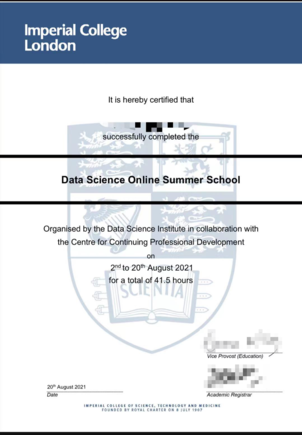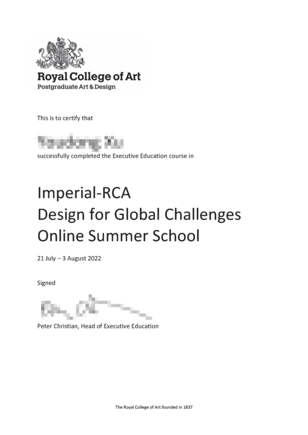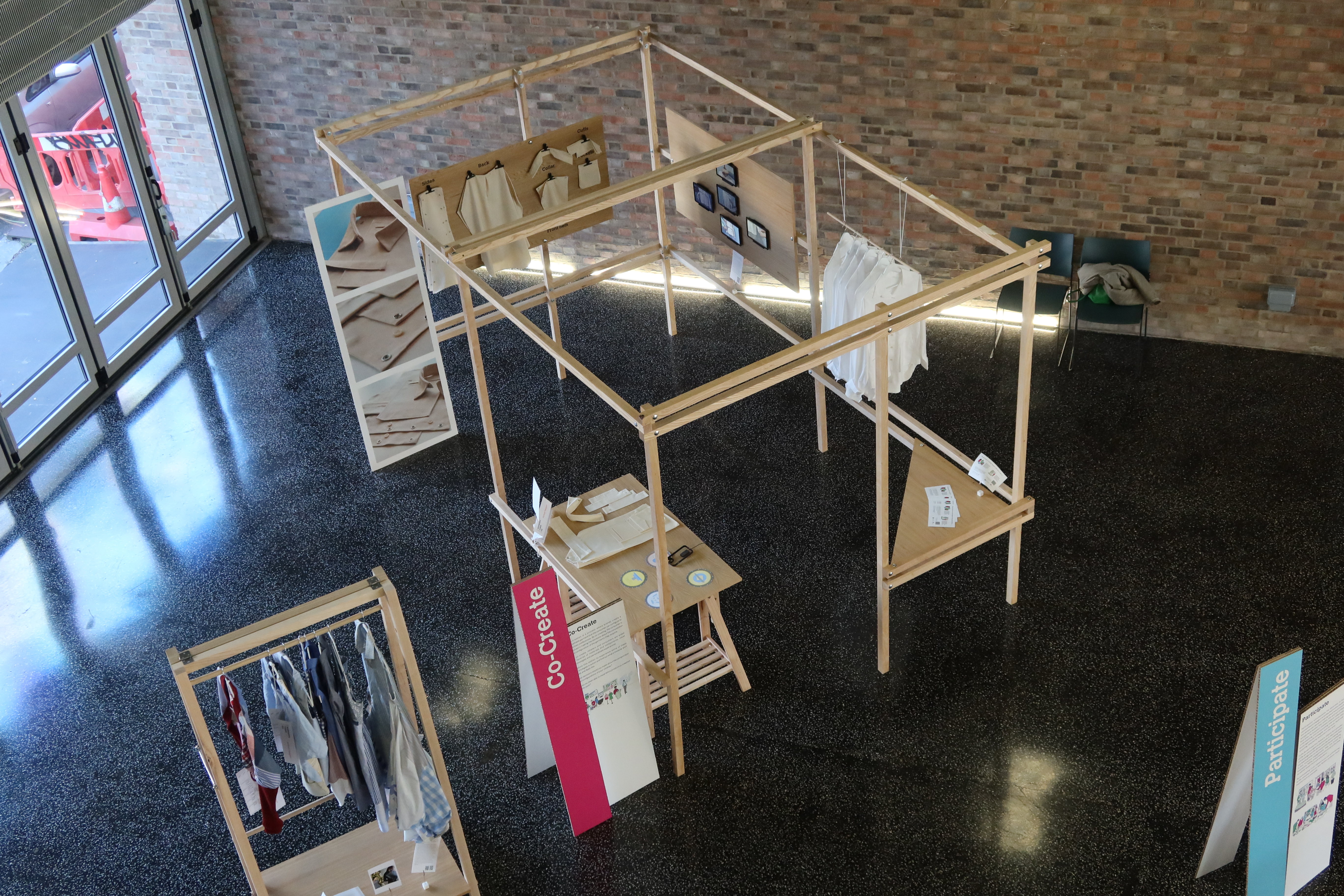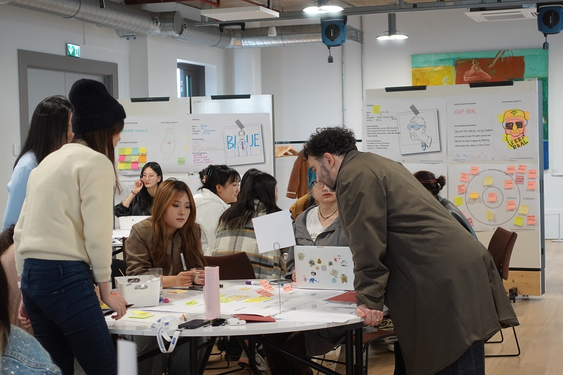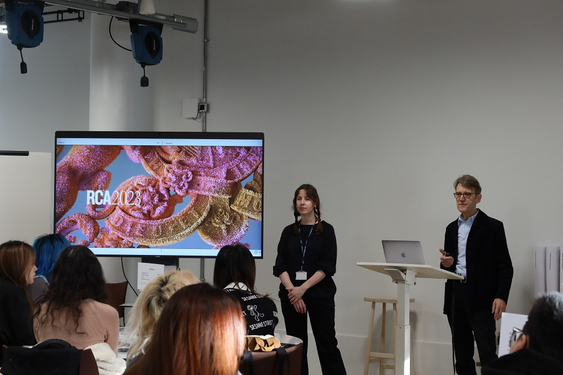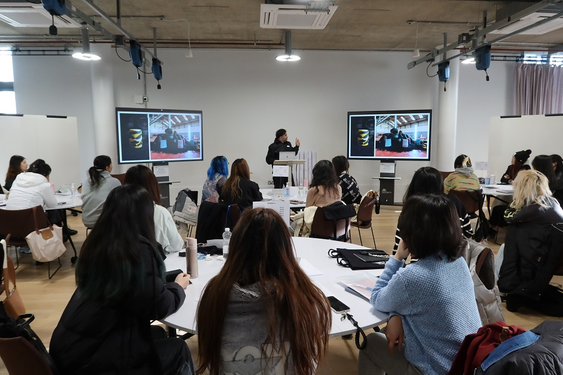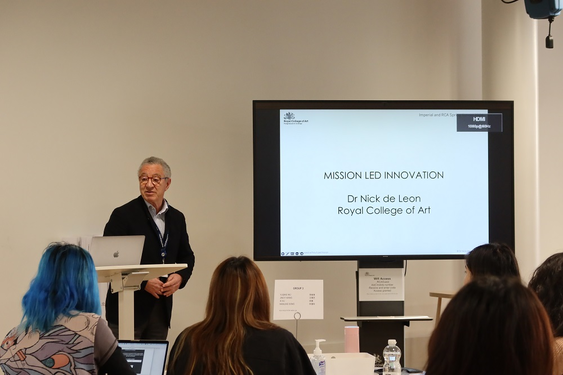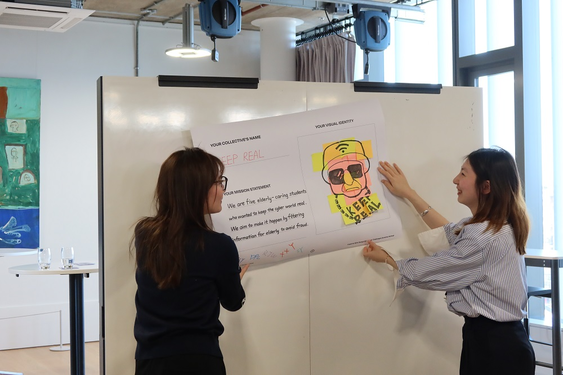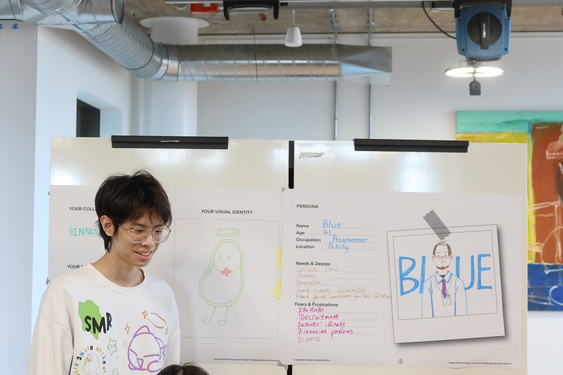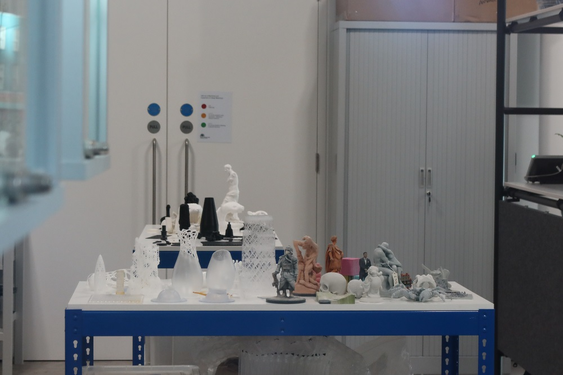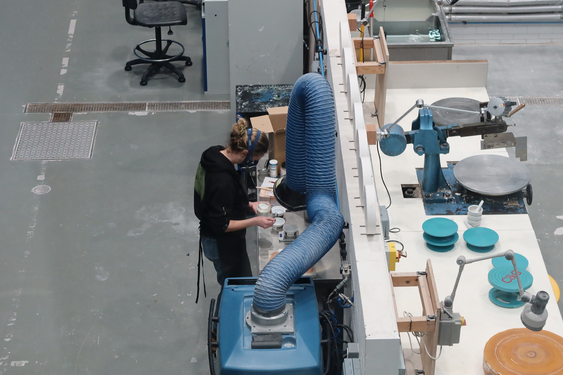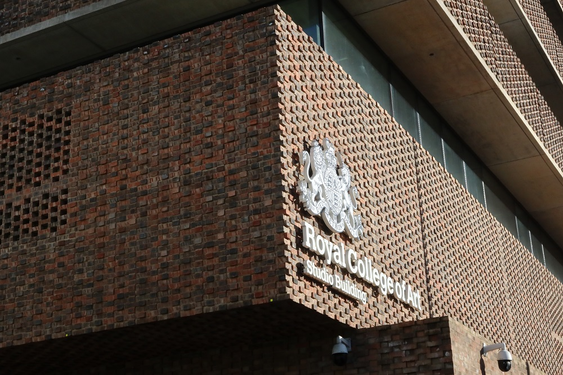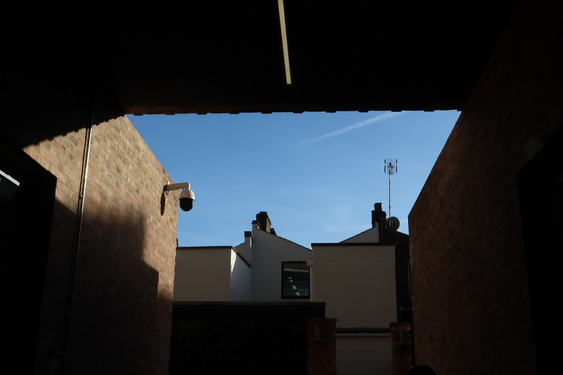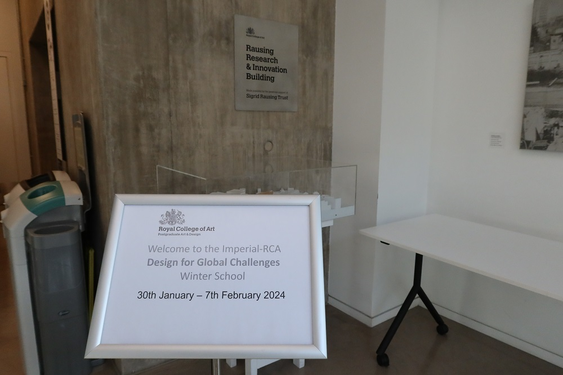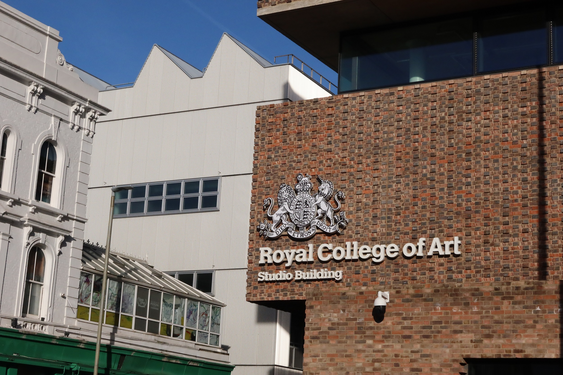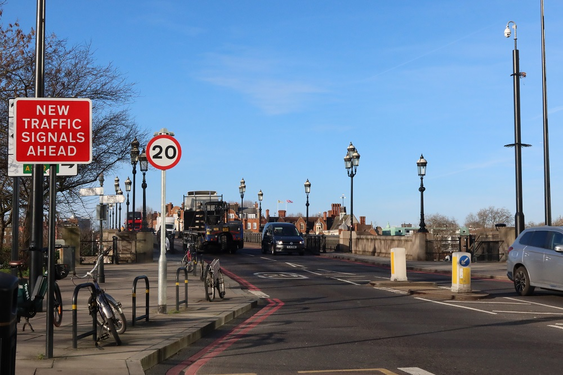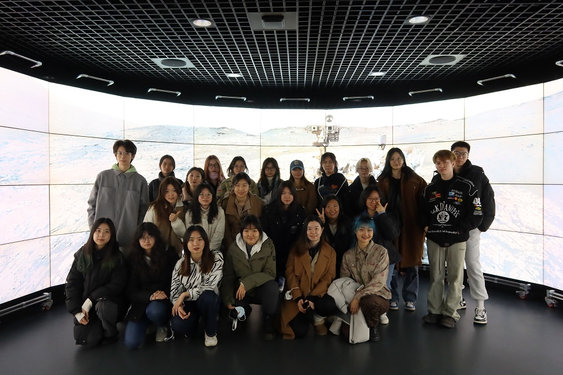Find it on the Imperial College London Website:
Jointly delivered by Imperial College London and the Royal College of Art, the Design for Global Challenges Summer School is a multidisciplinary programme designed for undergraduate students currently studying at a university in China with an interest in learning how to tackle world challenges through service design.
The aim of the programme is to enable students to explore some of the current global challenges in climate change, global health, cyber security and propose an innovative idea to design a service that could tackle one of the areas.
In addition to the global challenges, students will gain an insight into data science, hear the latest advances in robotics and meet some of our graduate entrepreneurs who are driving progress by launching their design innovations into the commercial world.
Students will develop personal and professional skills through interactive workshops in design thinking, team-building and presentation and experience team based learning through a service design group project.
RCA - Learning by doing
We use a ‘learning-by-doing’ practice-based model that draws upon the ethos of the RCA studio context, an immersive, imaginative space where cross-disciplinarity and creativity push the boundaries of innovation. The RCA introduces the creative and critical skills that are essential to all academic and industry researchers in the 21st century. Participants return to their organisations as ambassadors with the confidence to influence and lead cultural change. We find challenge-based practical projects, small teams and prototyping encourages interaction and breaks down barriers.
RCA - People-Centred, Interdisciplinary Approach
The RCA takes a human-centred approach to innovation, informed by our specialisms in art, design and humanities, but also by our well-established track record of successful collaborations with social science, science, engineering, technology and medicine. A common thread throughout all workshops is a commitment to inclusivity, ethics and integrity. Many of the underpinning people-centred methodologies are informed by longstanding research from The Helen Hamlyn Centre for Design. The HHCD approach to research and innovation centres on inclusivity, interdisciplinarity and co-creation, with specialist expertise in ageing, diversity, healthcare, societal problems and global issues.
RCA - Networks and Teaching
The RCA provides unparalleled opportunities to access teaching, researchers, guest practitioners and facilities. Our short courses reflect the college’s unique studio-based learning philosophy with small class sizes, practical group work and rich interaction between students and academics.
If you are considering embarking on one of our MA Programmes, the summer school offers a snapshot of studying at the College. Previous students that have completed the summer schools have gone on to successfully apply to study on the Graduate Diploma and MA-Level courses at the RCA.
Contact hours
57 contact hours, delivering using various active learning tools as follows:
Exercises will be provided for formative feedback.
Group projects are designed for assessing the learning outcomes.
Case study methodology and collective discussions are used to strengthen the conceptual, analytical and problem-solving skills of the students in real situations.
Study visit.
The summer school is designed for students studying an undergraduate degree in any subject discipline.
Applicants should normally demonstrate good overall university performance in their current year of study.
Applicants must be at least 18 years old before the start of the summer school.
Applicants should have a good command of English, and if it is not their first language, they will need to satisfy the College requirement as follows:
a minimum score of IELTS (Academic Test) 6.5 overall (with no less than 6.0 in any element) or equivalent.
TOEFL (iBT) 92 overall (minimum 20 in all elements)
CET- 4 (China) minimum score of 550
CET- 6 (China) minimum score of 520
The cost of the summer school is £5580. The fee includes all tuition which covers:
Lectures, project work, supporting materials, project mark and Imperial College & RCA certificate of attendance and transcript,
Relevant visits/study tour in the programme outline,
Lunches and refreshments on weekdays from 19th July to 29th July,
Accommodation fee for 14 nights;
Overseas insurance expenses;
A London Transport card with a top-up value of £5;
An airport shuttle service on a fixed schedule.
Applications are made through the online application portal.
*You will need to upload a copy of your university transcript and evidence of English language proficiency in the above website. It is important that the transcript includes your full name. (If this document is not in English, please provide a brief translation.)
*To prevent potential disappointment, we highly recommend that you submit your application at your earliest convenience. Our admissions process operates on a rolling system, meaning applications are assessed and decisions are made on a first-come, first-served basis. Applying earlier grants you access to a larger pool of available places to offer for evaluation.
For queries or further information, please contact:
Email: icdsi.programme@gmail.com
